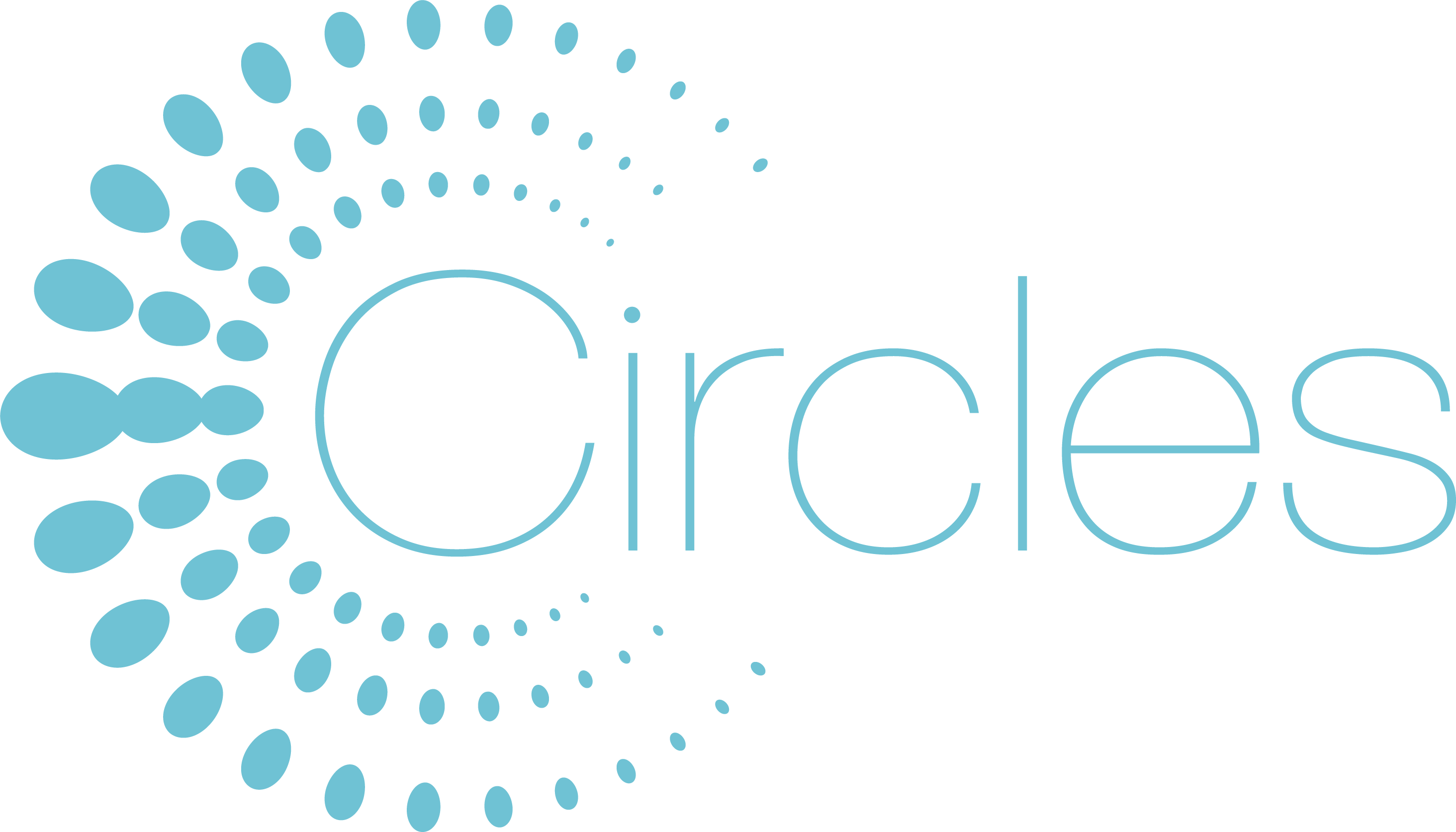
Abstract
CIRCLES aims to discover and translate innovative microbiomes-tailored circular actions into concrete applications that will ultimately enhance EU food system performances and their overall sustainability. The setup of real-world labs in the field of 6 food systems relevant to the EU market – tomatoes, spinach, poultry, pigs, Atlantic salmon and seabream aquacultures – will, first, enable CIRCLES to increase knowledge on the importance of food system microbiomes as determinants of productivity, quality, safety and sustainability. This discovery phase will nurture the design and implementation of food system-specific microbiomes-tailored circular actions. Relying on an integrative usage of different Smart Microbiome (SM)- modulators, circular actions aim to optimize the microbiomes of food systems, from farm to fork, for an overall improvement of food system performances. The effectiveness of actions will then be tested in the labs in the field. This real-world validation phase will allow CIRCLES to translate the project results into concrete products, applications, procedures and tools, ready to be exploited and communicated to penetrate the EU market. In particular, CIRCLES will conceptualize and create SM-food systems for the 6 CIRCLES food chains, defined as food systems with optimized microbiome configurations. CIRCLES will also provide innovative, newly defined SM-food products, as foods derived from the SM-food systems and certified by Microbiome Transparent (MT)-labels. Finally, a vast panel of food system-specific SM-modulators will be provided as new agro-biotech applications to be integrated into circular actions to reach the status of SM-food system. In conclusion, the conceptualization, creation, and dissemination of SM-food systems, as well as all connected procedures, products, and tools, will allow CIRCLES to endow the EU food systems with new, cost-effective commercial applications for improved productivity, quality, safety and sustainability.
Project details
Unibo Team Leader: Marco Candela
Unibo involved Department/s:
Dipartimento di Farmacia e Biotecnologie
Dipartimento di Ingegneria dell'Energia Elettrica e dell'Informazione "Guglielmo Marconi"
Dipartimento di Scienze Biologiche, Geologiche e Ambientali
Dipartimento di Scienze e Tecnologie Agro-Alimentari
Coordinator:
ALMA MATER STUDIORUM - Università di Bologna(Italy)
Other Participants:
Nordlaks Smolt As (Nl)
(Norway)
The University Of Stirling (Su)
(United Kingdom)
Danmarks Tekniske Universitet
(Denmark)
Inra Cnrgv
(France)
Università degli Studi di GENOVA
(Italy)
OROGEL Soc. Coop. Agricola
(Italy)
Previwo As (Previ)
(Norway)
Agencia Estatal Consejo Superior De Investigaciones Cientificas (Csic)
(Spain)
DSM Nutritional Products AG,
(Switzerland)
Universite Du Luxembourg
(Luxembourg)
Marine Institute (Mi)
(Ireland)
A.I.A. - Agricola Italiana Alimentare S.P.A.
(Italy)
Fciencias Id - Associação Para A Investigação E Desenvolvimento De Ciencias
(Portugal)
University Of Dundee
(United Kingdom)
Luonnonvarakeskus Natural Resources Institute Finland
(Finland)
Teknologian Tutkimuskeskus Vtt
(Finland)
European Food Information Council
(Belgium)
SOILFOOD OY (SFood)
(Finland)
Consiglio Nazionale Delle Ricerche
(Italy)
Veterinaerinstituttet National Veterinary Institute
(Norway)
Investornet-Gate2growth Aps
(Denmark)
University of Thessaly - Research Committee - UTH
(Greece)
Bolton Alimentari S.P.A.
(Italy)
Eurovix S.P.A.
(Italy)
Centro Ricerche Per La Chimica Fine Srl
(Italy)
Emmefood Srl
(Italy)
Hague Corporate Affairs B.V.
(Netherlands)
Ms Biotech Spa
(Italy)
Wellmicro Srl
(Italy)
Total Eu Contribution: Euro (EUR) 9.999.964,88
Project Duration in months: 60
Start Date:
01/11/2018
End Date:
31/10/2023


